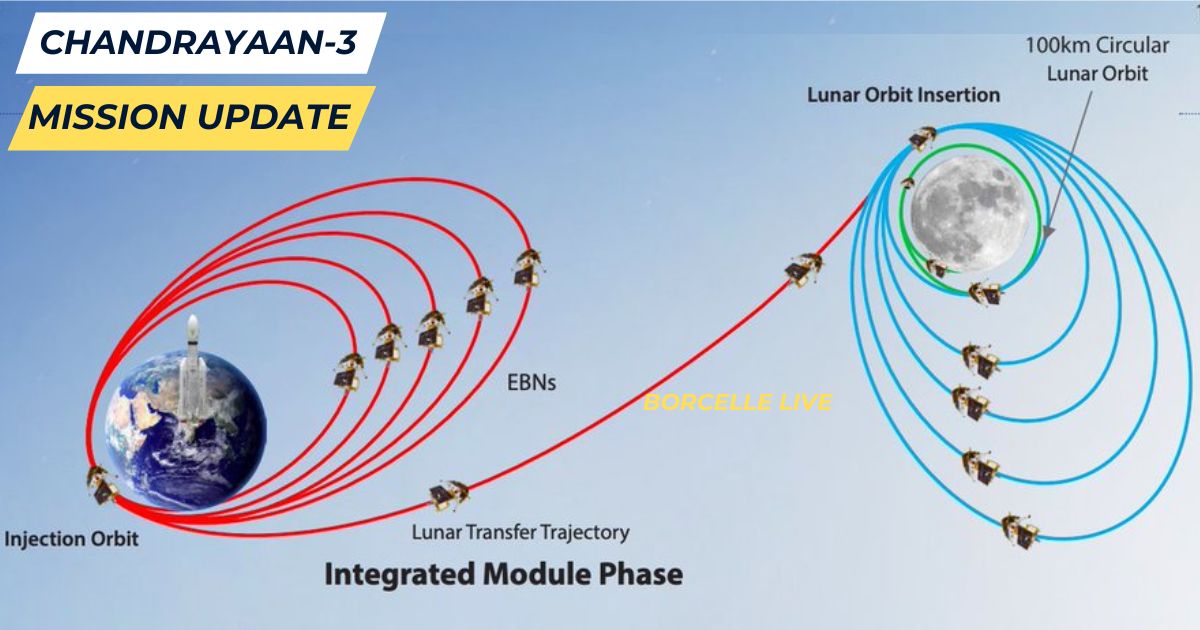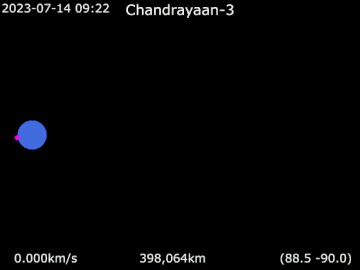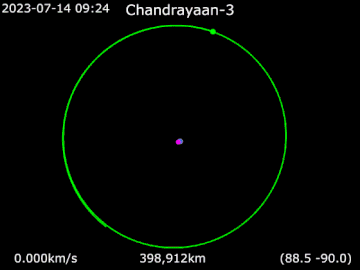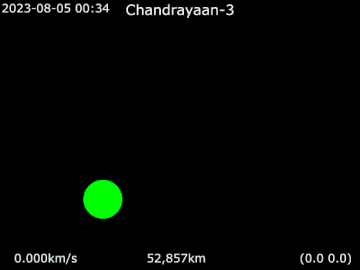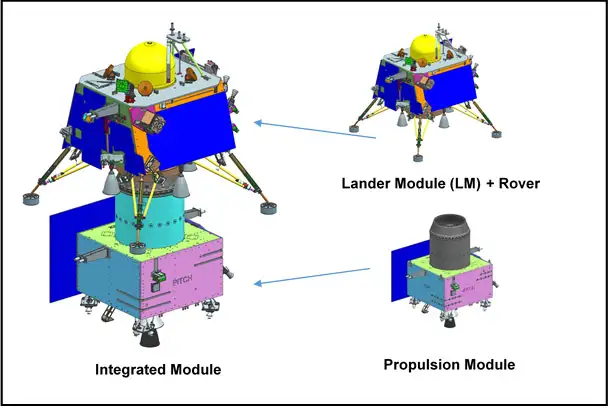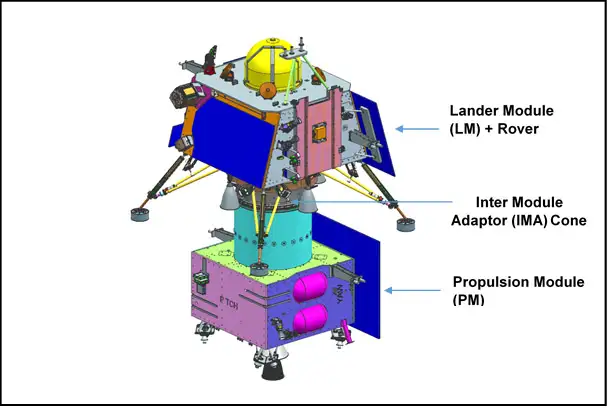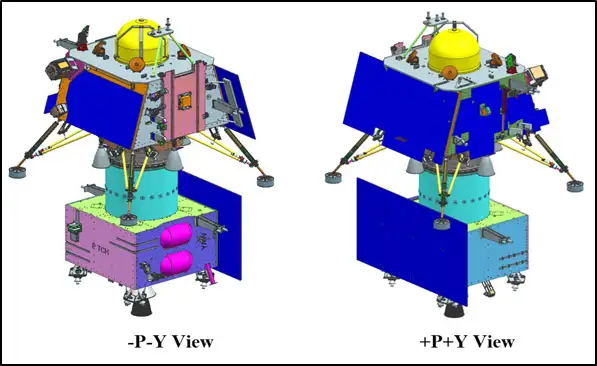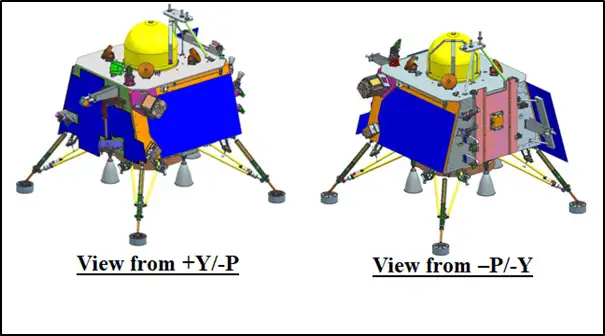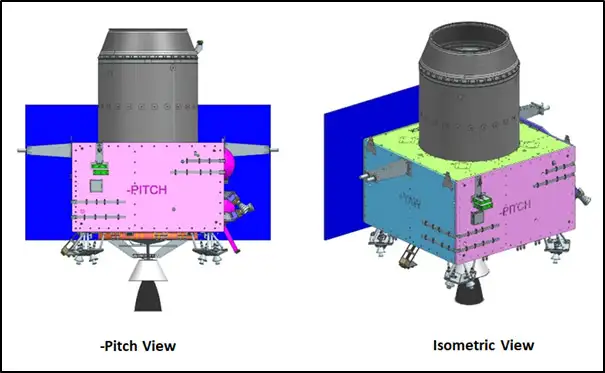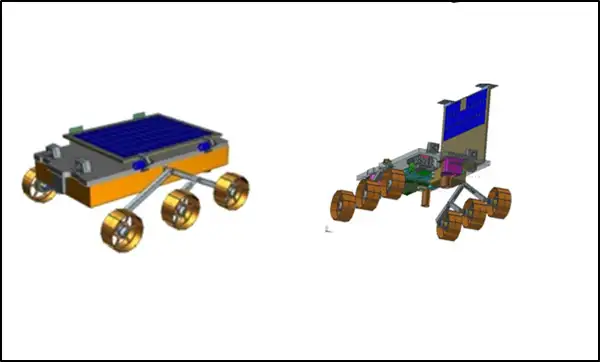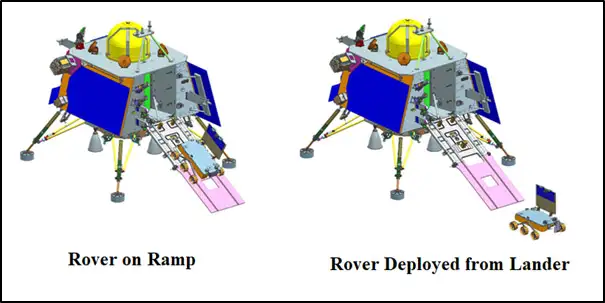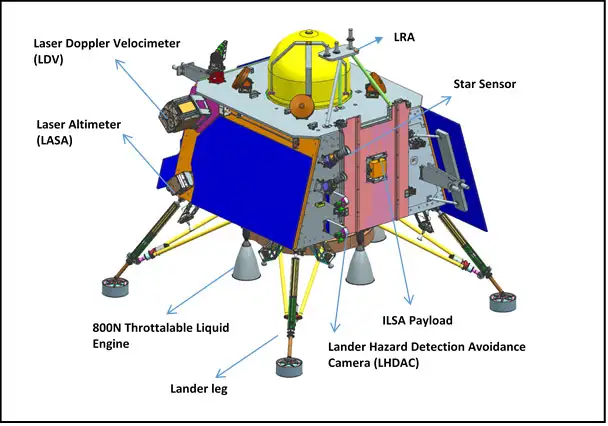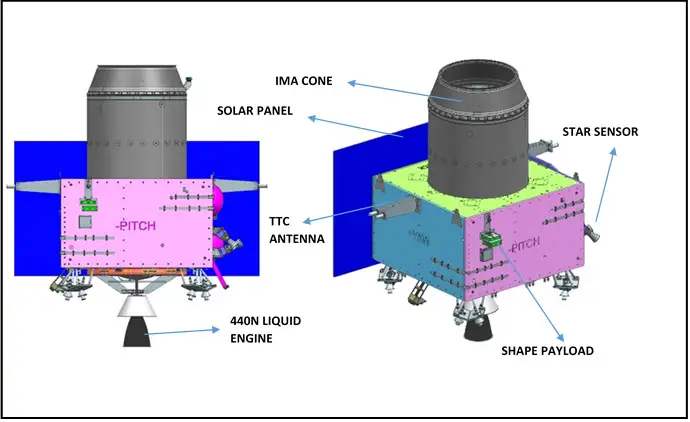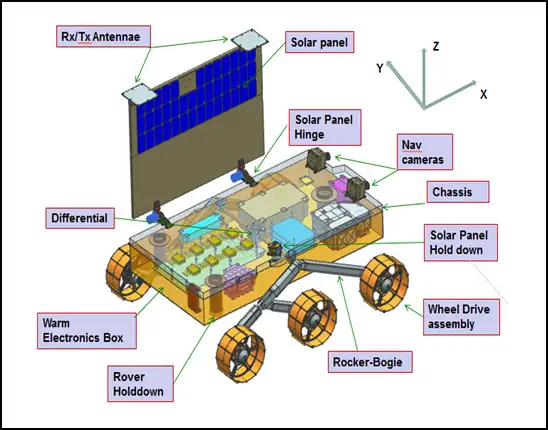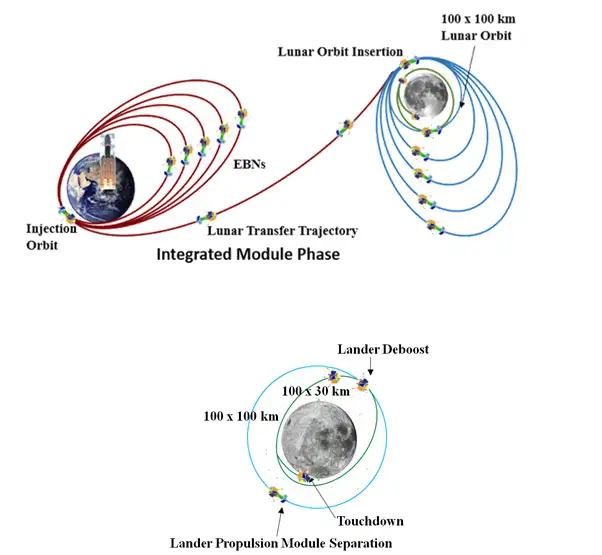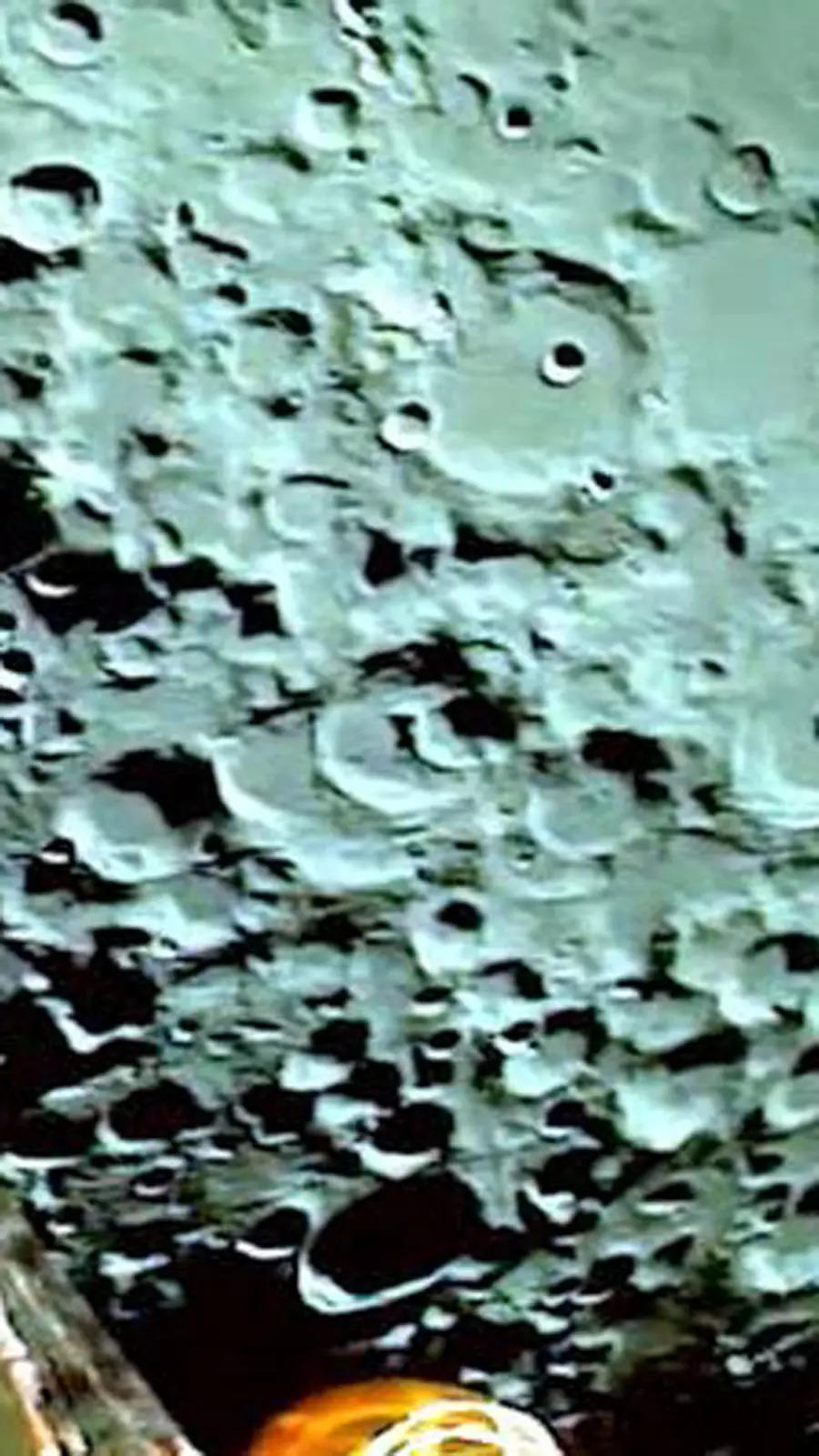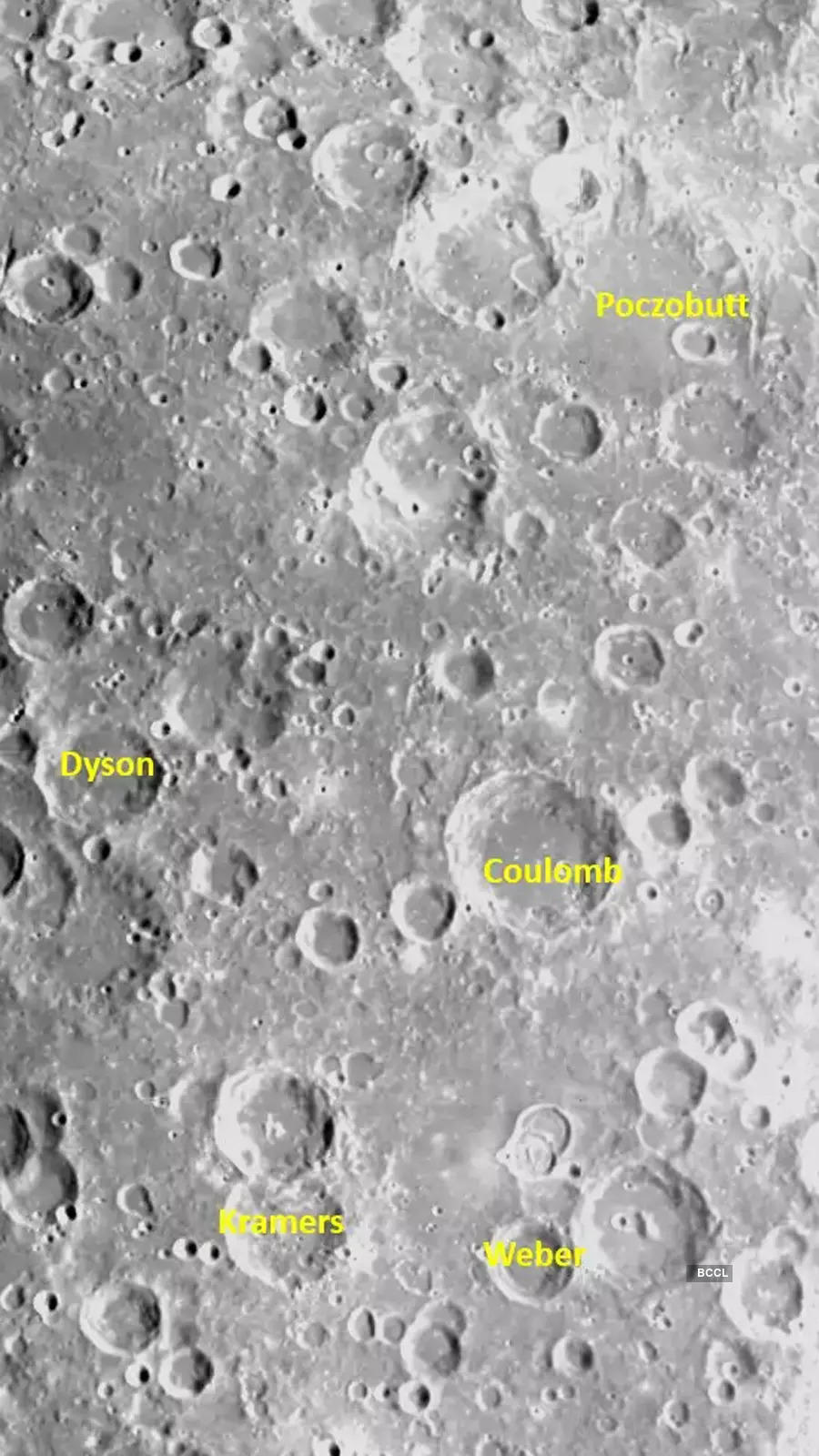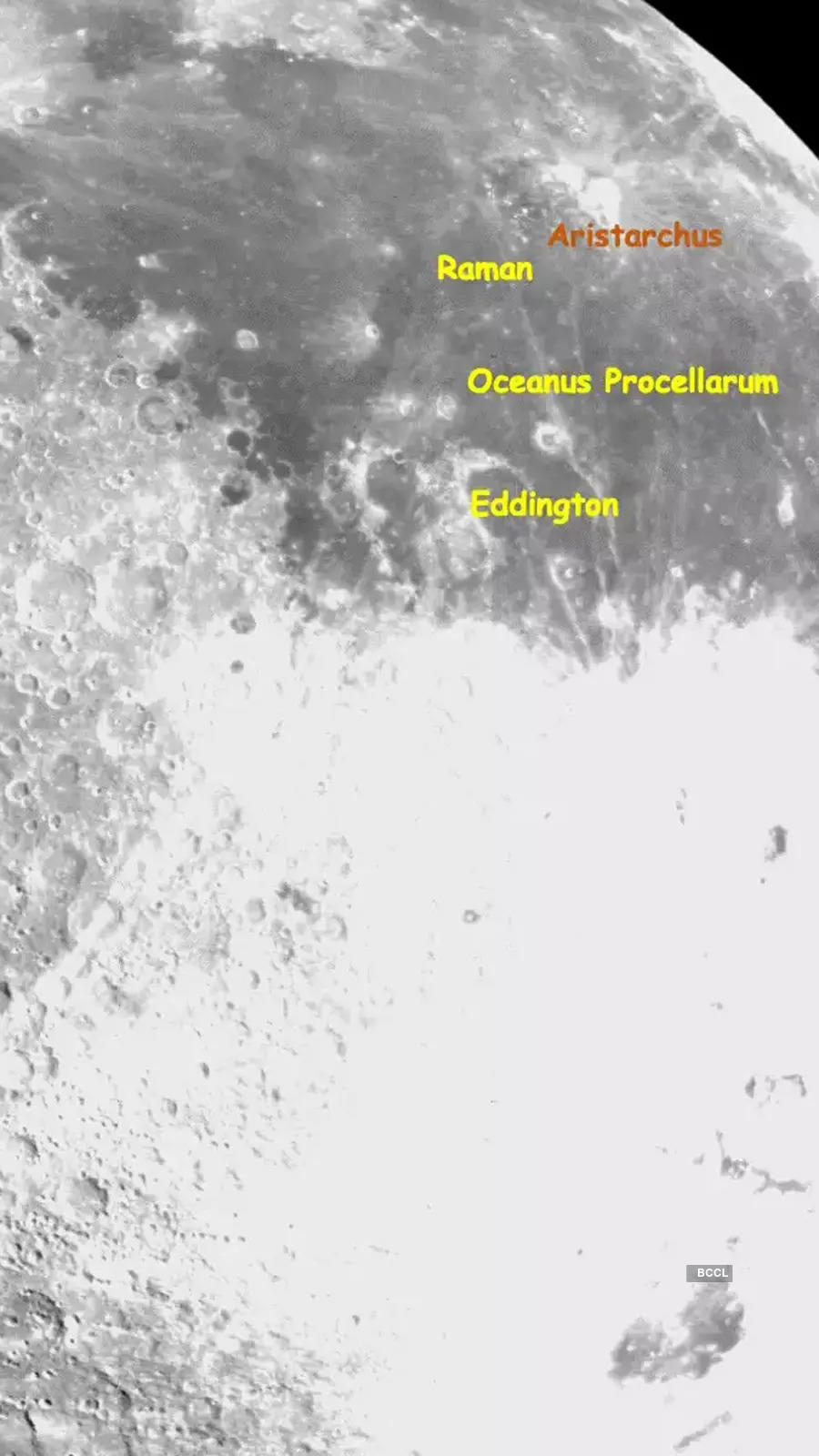Chandrayaan-3 Mission Update
Chandrayaan-3 Mission Update Spacecraft in Good Health as First Orbit-Raising Maneuver Successfully Completed
The purpose of Chandrayaan 3 is to achieve a safe landing on the surface of the Moon. The mission of Chandrayaan 3 is expected to take about 40 days to complete. Since its launch, Chandrayaan 3 has been gradually adjusting its trajectory towards the Moon while orbiting Earth. In essence, to escape Earth's gravitational pull, a booster or a powerful rocket is required. If you want to go directly to the Moon, you would need a larger and more powerful rocket. This also requires more fuel, which directly impacts the project budget. This means that if we choose a direct route to the Moon, we would have to spend more. During the process of orbiting Earth, Chandrayaan 3 will utilize the energy present in the satellite to increase its speed and extend its range. As soon as Chandrayaan 3 approaches the Moon's orbit, it will enter the Moon's orbit. This process is referred to as Trans-Lunar Injection (TLI). The image provided below can help you understand this process better.
